After watching "It’s Worth It", I finally understand Hu Ge’s mental state
Hu Ge’s mental state sparked a heated debate after he posted a Weibo post that read, "I try my best, I try my best, I try my best to stay calm, I’m sorry for many people, I hope to be worthy of this short life," along with an unshaven selfie, and netizens wondered if Hu Ge was depressed.

"I thought Weibo was a place to talk, but it doesn’t seem to be. At some point, I can’t imagine that my desire to talk is so strong. Maybe it’s because I’m a torn person, and many times I’m restraining myself."

I thought the discussion triggered by Hu Ge’s Weibo would attract the public to see his new movie, but I didn’t expect the movie’s box office to be very dismal. "It’s Worth It" only took in just over 20 million a week after its release. In sharp contrast to the box office of "The Eighth Suspect" released at the same time, Hu Ge even shouted at the roadshow that "we also need the box office, and we want more people to see what Chinese movies should look like today." But the audience still didn’t buy it, saying that the movie "has no plot and no acting skills."

The film is highly regarded by the industry as a finalist for this year’s Shanghai International Film Festival and won two awards for best director and best actor. But perhaps the film’s literary flair is so strong that there is a wall between it and the audience. So what is it about? The protagonist Wen Shan is turned from a screenwriter to a eulogy writer. The film revolves around the story of the five deceased who wrote the eulogy.

The five deceased in the movie are all people with different identities and different encounters. There is an older brother who is "muddy and cowardly", a father who came from the countryside to live with his son in the city, a CEO who works underground with friends, a Internet user who has never met, and an old lady who has experienced marital infidelity. Their lives are revealed to us one by one through the process of listening to good deeds and writing eulogies. At this moment, they are both ordinary people and protagonists.
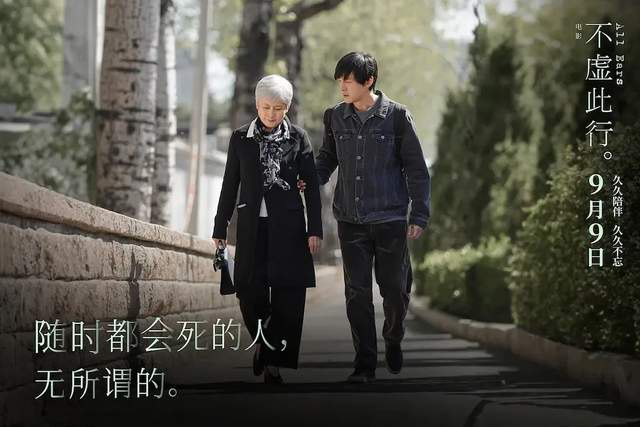
So what the audience may not understand is that the stories of these people are so ordinary, what is there to say on the stage? But what the movie may want to convey is that because we are all so ordinary, we should strive to become the protagonists and write our own lives.
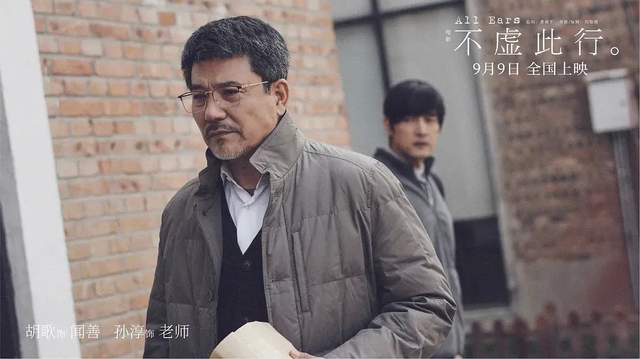
In the conversation between Wen Shan and the teacher, the two discuss the creation of the script, which is the core of the film. They like the first act the most because it is full of infinite possibilities, a person may encounter a lot of troubles, but he does not need to think about how to solve them. And many people are trapped in the long second act, and they can’t get out of it for the rest of their lives, and they can’t wait for the ending that belongs to the third act. This is the norm in life.
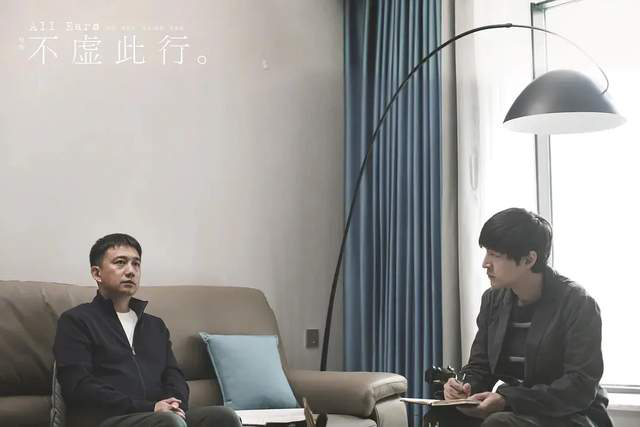
So the father would regret leaving because he didn’t have time to spend with his son, the CEO who died suddenly couldn’t see the company go from "underground" to "above ground", Jin Sui couldn’t see Gan Ming, and Aunt Fang couldn’t fight the disease. Their third act eventually became a eulogy.
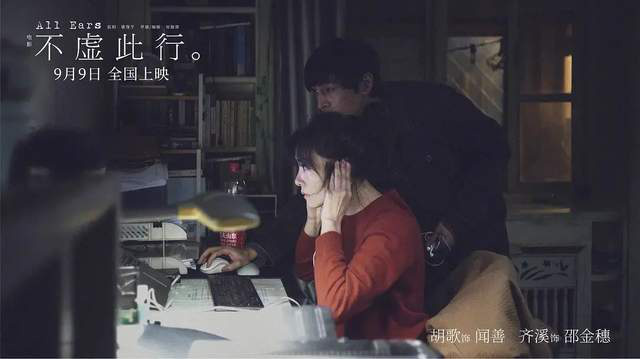
"Turning back and forth between misfortune and happiness, between waste and fullness, death has been diluted to the greatest extent, and living has become so strong." "It’s Worth It" does not play up the grief of death, but focuses more on the living people. My sister returns home to reconcile with her dead brother, the son who became a father aspires to be a good father, the death of Aunt Fang makes Wen Shan regroup and start again, and the CEO’s companion brings his wish to make the company grow.
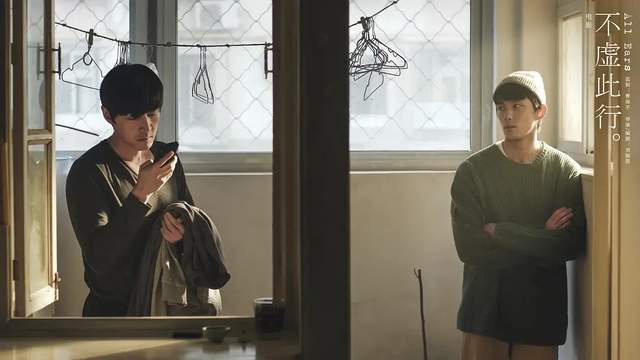
Another star, Wu Lei, plays Yin in the movie. He is another personality of Wen Shan, which forms a pull with his own personality. For example, when Wen Shan does not want to tell his family about his resignation from the screenplay, Yin, as another voice, will let Wen Shan tell his family the truth. Hu Ge also revealed that the reason why he sent out the controversial Weibo is also because another voice like Yin in his heart makes him want to vent himself. So we may be able to understand Hu Ge’s mental state. After surviving the second act brought about by the car accident, he came to the third act and learned "sorry for many people" and "hope to be worthy of this short life."
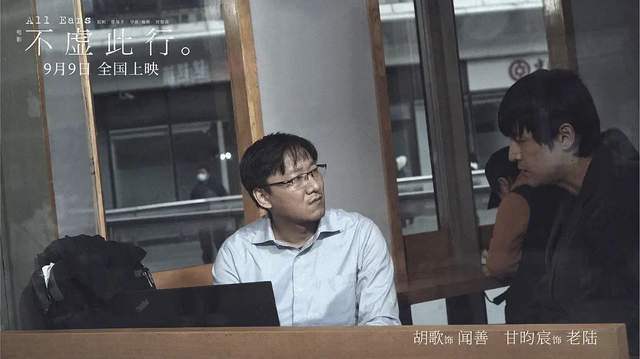
Having said so much, the core of "It’s Worth It" is profound, but it is also a fact that the audience can’t get it, so the film’s low box office is understandable. Also, Hu Ge’s acting skills in the film were also complained by some netizens, saying that "his acting skills are stiff", "I don’t know how to get the best actor in such a performance", compared to Dapeng, another best actor in Double Yellow Egg, Hu Ge’s performance is really not a star and a half short.